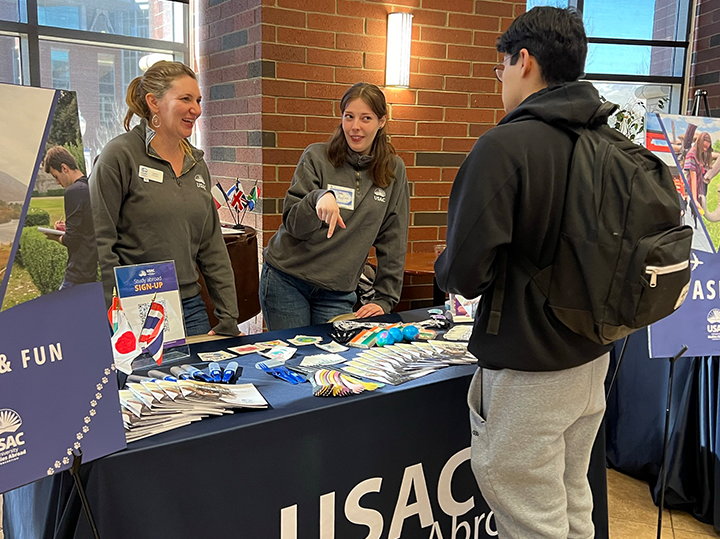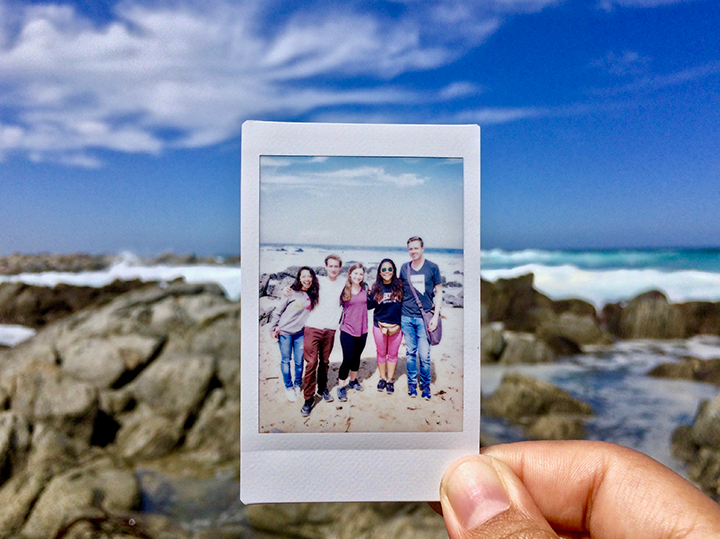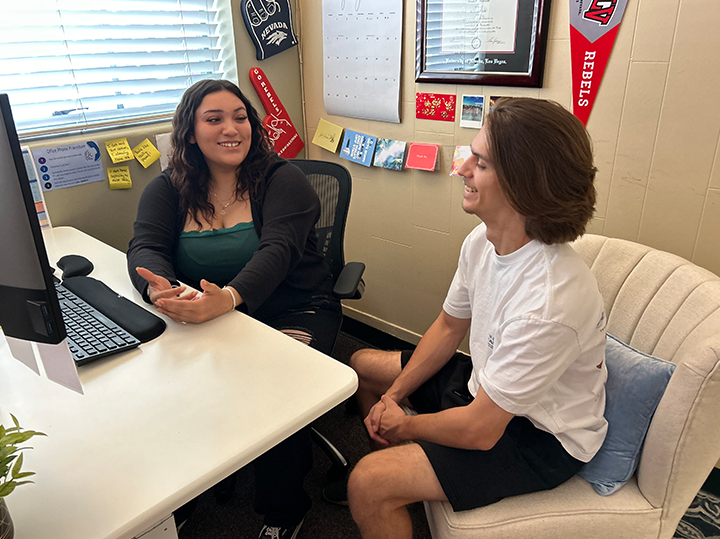Understanding the study abroad re-entry experience
Your study abroad experience has become an integral part of who you are. For many students, returning to their home country is as challenging as adjusting to the culture when they first arrived in their host country. But we're here to help.
Discover resources and tips for readjusting to your life back home.

Reverse culture shock
Most students go through a bit of culture shock when they land in another country. But, did you know that the same can be said when you go back home?

Settling back in
Those who study abroad often share similar observations when they return home. Here are some of the things you may notice about yourself and those around you, as well as some tips on how to ease your re-entry back into your life at home.

Home university check-in
The next steps back in the U.S. include making sure the credits you earned are documented, looking at your financial situation, and getting back into life on campus.

Moving forward
The world is truly at your feet, as a returning student with international experience. Check out our Go Again Alumni Discounts, stay connected with us, and learn about international employment opportunities and our career resources.

